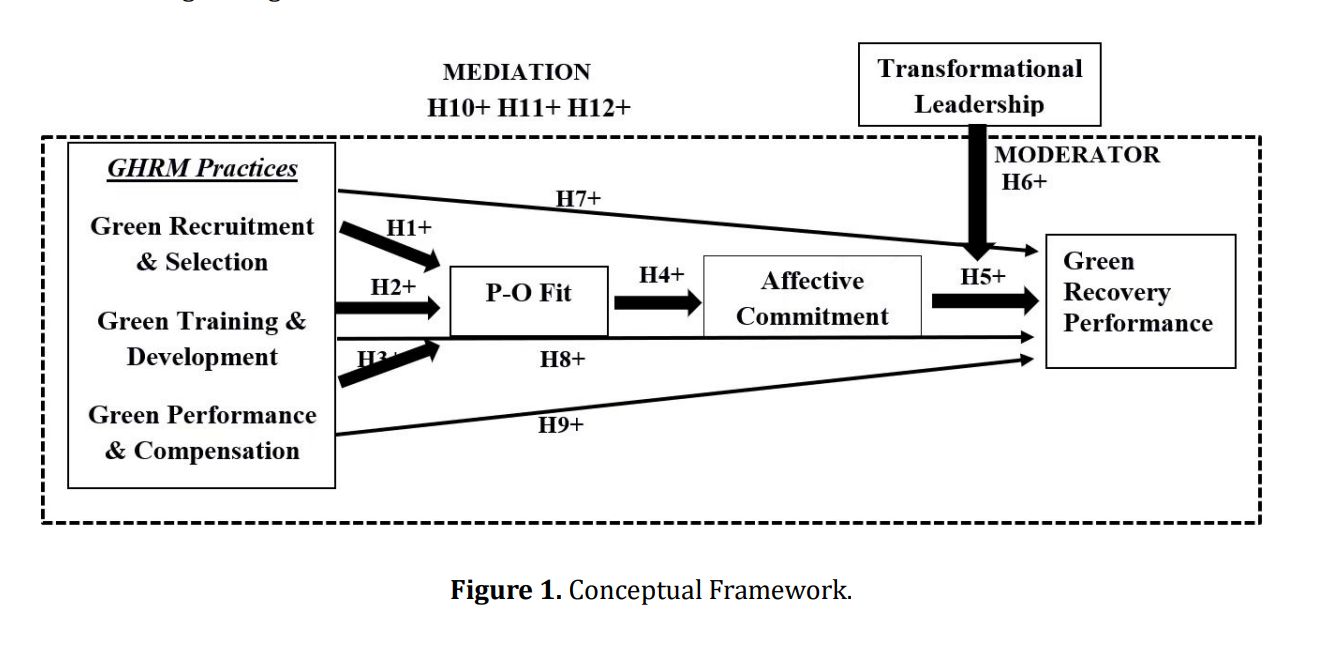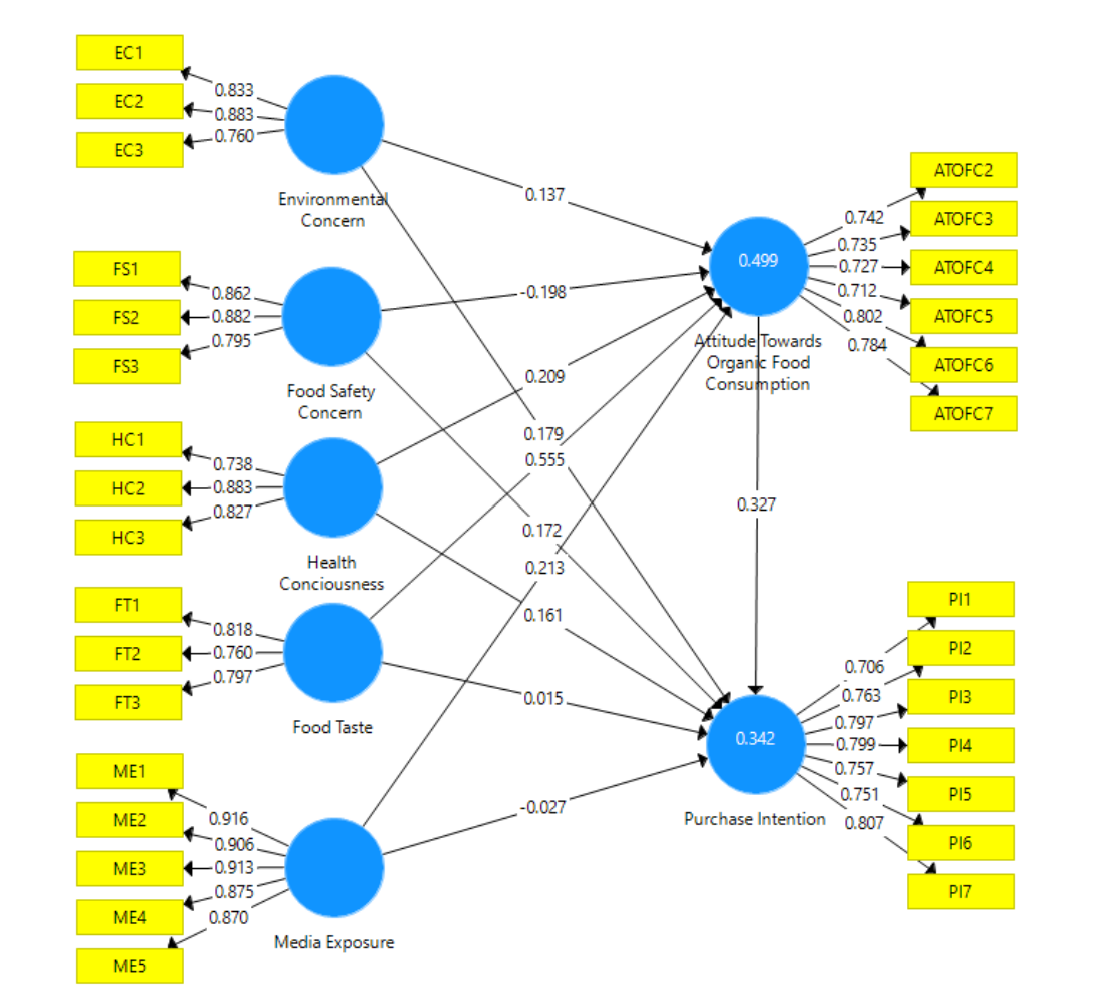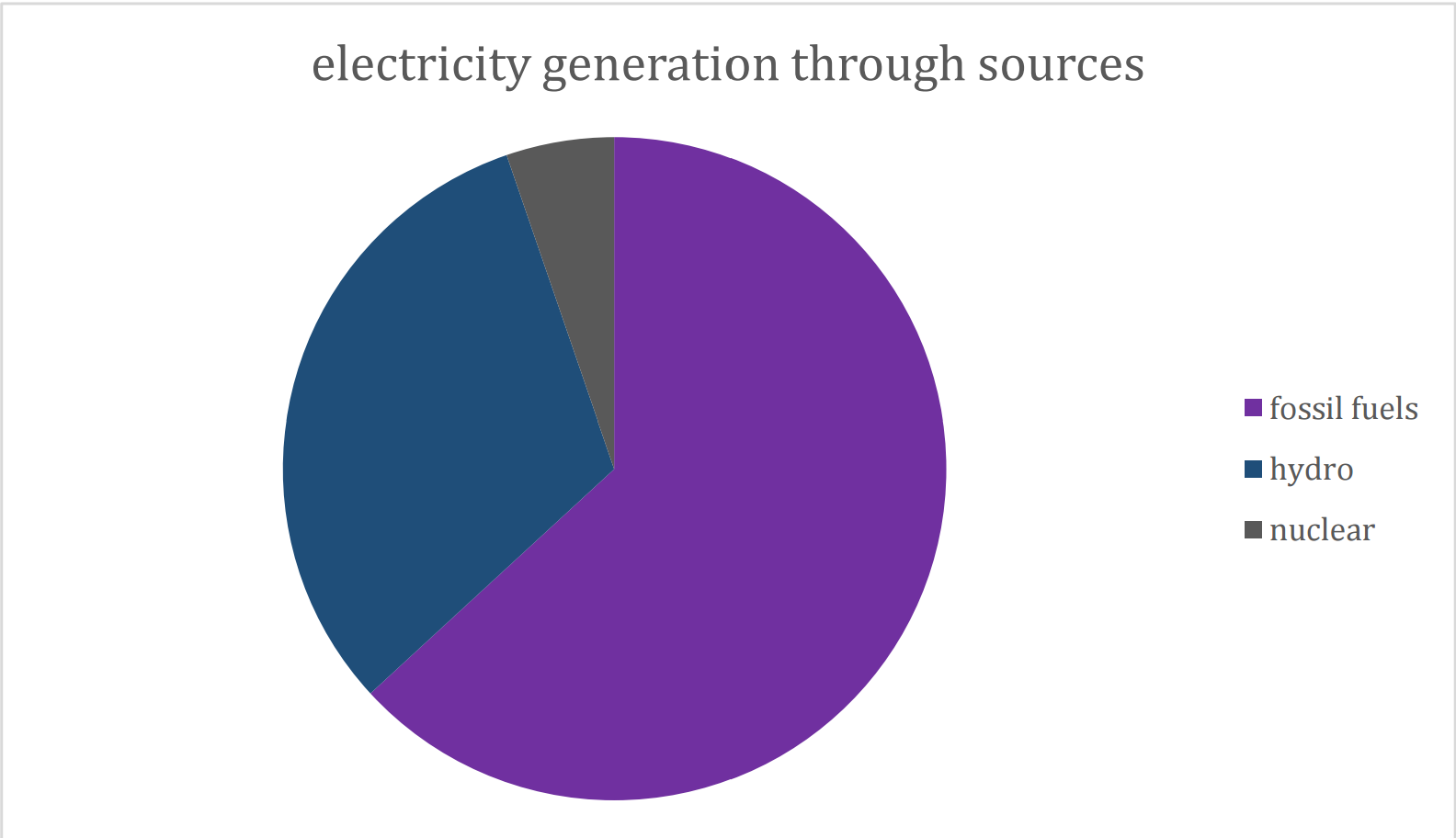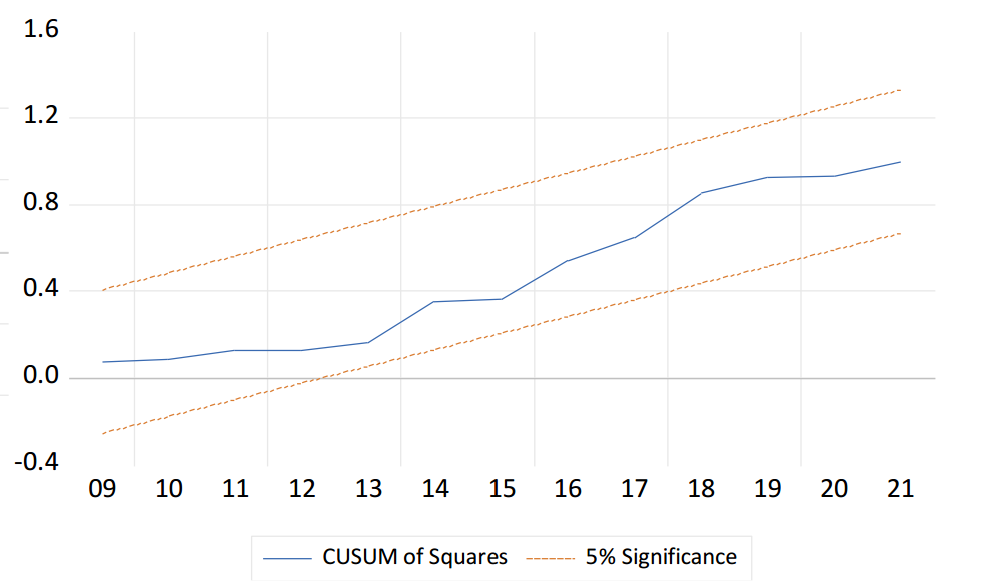Renewable green oil as a low-cost option for large-scale, long duration energy storage to produce on-demand electricity
Abstract
The rapid growth of renewable solar and wind energy necessitates extensive, long-term energy storage solutions to stabilize the electric grid and address the intermittent nature of these sources. In the absence of cost-effective long-duration, large-scale (LDLS) energy storage, there is a risk of increased disruptive blackouts and brownouts as intermittent energy sources approach 50% of electricity generation. Our analysis underscores volumetric energy density as a pivotal determinant in LDLS energy storage solutions, which is particularly crucial during periods of diminished renewable resource availability, such as the rainy season. Despite emphasis on conventional electric batteries and mechanical storage technologies such as compressed air and pumped hydro for LDLS, their costs pose a significant obstacle to widespread adoption, especially in emerging economies. In this study, we present a groundbreaking approach to LDLS: on-demand electricity generation from carbon-neutral renewable oil, known as "green oil," leveraging Reliance’s innovative catalytic hydrothermal liquefaction (R-CAT-HTL) technology. Our investigation evaluated two distinct sources of green oil production: organic waste streams (e.g., municipal solid waste, agricultural-waste, etc.) and on purpose production of algal biomass. We demonstrate that burning renewable green oil to produce electricity offers a cost-effective solution for large-scale (GWh) long-duration (many days) energy storage, ensuring the stability, reliability, and resiliency of the electric grid. We also demonstrate that minimum 14 days, ideally 30 days energy storage is needed for continuous uninterrupted service, especially critical for manufacturing facilities. Through a meticulous levelized cost of storage (LCOS) analysis comparing green oil with other LDLS technologies reported in literature, we demonstrate the cost effectiveness of green oil. In this model, green oil serves as stored energy, functions akin to a battery and is efficiently converted into electricity through conventional reciprocating engines or next-generation more efficient turbines. Our findings suggest that green oil derived from diverse organic sources is the most economically viable option for GWh-scale storage, particularly when storage requirements extend beyond a single day. This research thus presents a transformative cost-effective solution to the pressing challenge of LDLS energy storage, accelerating a sustainable and resilient energy future.
Cite This Paper
Sapre, A., & Gawade, A. (2024). Renewable green oil as a low-cost option for large-scale, long duration energy storage to produce on-demand electricity. Energy Technologies and Environment, 2(1), 8. doi:10.58567/ete02010003
Sapre, A.; Gawade, A. Renewable green oil as a low-cost option for large-scale, long duration energy storage to produce on-demand electricity. Energy Technologies and Environment, 2024, 2, 8. doi:10.58567/ete02010003
Sapre A, Gawade A. Renewable green oil as a low-cost option for large-scale, long duration energy storage to produce on-demand electricity. Energy Technologies and Environment; 2024, 2(1):8. doi:10.58567/ete02010003
Sapre, Ajit; Gawade, Amit 2024. "Renewable green oil as a low-cost option for large-scale, long duration energy storage to produce on-demand electricity" Energy Technologies and Environment 2, no.1:8. doi:10.58567/ete02010003
Share and Cite
Article Metrics
References
- Global Solar Atlas, https://globalsolaratlas.info/map
- Gates, B. How to Avoid Climate Disaster; Knopf Publishers, 2021.
- Smil, V., 2022. How the World Works: A Scientist’s Guide to Our Past, Present, and Future. Penguin UK
- Fossil and Alternative Fuels - Energy Content-The engineering toolbox, https://www.engineeringtoolbox.com/fossil-fuels-energy-content-d_1298.html
- A. Sapre, ‘Role of chemical reaction engineering for sustainable growth: One industrial perspective from India’, AIChE Journal. John Wiley and Sons Inc, 2022. https://doi.org/10.1002/aic.17685
- World bank/Bloomberg 2019. https://www.weforum.org/agenda/2019/09/the-benefits-of-digitizing-waste-management/
- Kaza, S., Yao, L., Bhada-Tata, P. and Van Woerden, F., 2018. What a waste 2.0: a global snapshot of solid waste management to 2050. World Bank Publication. https://hdl.handle.net/10986/30317
- Viswanathan, K. Mongird, R. Franks, X. Li, V. Sprenkle, and R. Baxter, ‘2022 Grid Energy Storage Technology Cost and Performance Assessment’, 2022.
- Reliance Industries Limited-A2O (Algae to oil) Internal Work.
- U. States Department of Energy, ‘Combined Heat and Power Technology Fact Sheet Series Reciprocating Engines EE 1331, ADVANCED MANUFACTURING OFFICE’, 2015. https://www.energy.gov/eere/amo/articles/reciprocating-engines-doe-chp-technology-fact-sheet-series-fact-sheet-2016
- Belderbos, A., Delarue, E. and D'haeseleer, W., 2016, June. Calculating the levelized cost of electricity storage. In Energy: Expectations and Uncertainty, 39th IAEE International Conference, Jun 19-22, 2016. International Association for Energy Economics.
- Kantner, D.L. and Staley, B.F., 2019. Analysis of MSW Landfill Tipping Fees—April 2019. Environmental Research & Education Foundation, Raleigh, NC, USA.



